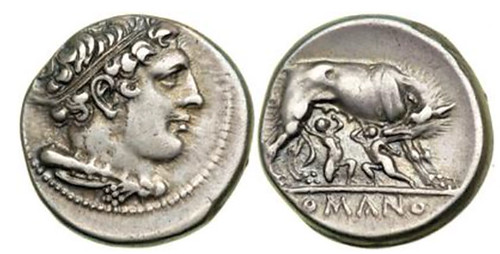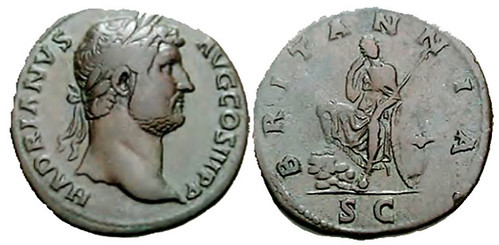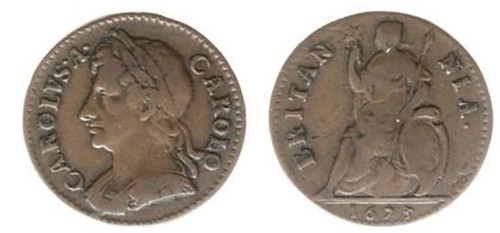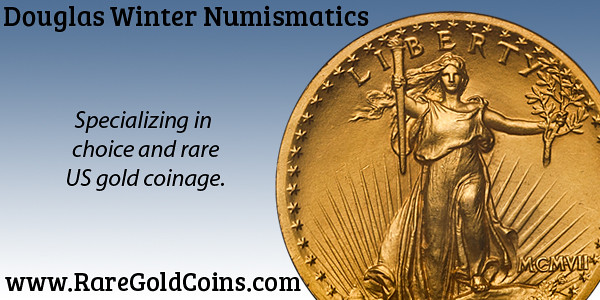
PREV ARTICLE
NEXT ARTICLE
FULL ISSUE
V25 2022 INDEX E-SYLUM ARCHIVE THE INFLUENCE OF ANCIENT COIN DESIGNSLast month Tyler Rossi published an article for CoinWeek about the influence of ancient coin designs. Here's an excerpt - see the complete article online. -Editor Roman Republic Anonymous moneyer. AR Didrachm (270-265 BCE) Rome mint OBV: Diademed head young Hercules with lion skin and club over shoulder. REV: She-wolf standing right, suckling Romulus and Remus. REF: Sear 24; RSC Pre-Denarius 8; Cr. 20/1; Syd. 6
History is a continuum and time moves linearly. Generally, as time progresses, artistic and cultural trends evolve and build upon each other. One perfect example is the Hellenistic influence seen in Buddhist artwork from the Gandharan province in the first century BCE. The Bactrian and other Greek kings who ruled segments of Alexander the Great's empire after his death brought significant Western artistic conventions along with their armies. These pieces of Coins are no different. As discussed in previous articles, coins have always been vehicles of cultural and political messaging for the minting authority. Consequently, coins are as much a barometer for cultural merging and influences as any other type of artwork.
Egyptian and Greek Influences on Roman Coins
Harold Mattingly, a noted numismatist at the British Museum, discusses the significant design similarities between early Roman Republican silver and contemporary Egyptian coinage. One of the main common artistic design traits of Ptolemaic coins is the
The early Roman and Ptolemaic silver coinages were so similar that Eleanor Huzar even suggested that Rome may have contracted an Roman Imperial Hadrian (r. 117-138 AD) Æ Sestertius Rome mint (134-138 AD) 25.50 gr OBV: Laureate head of emperor right REV: Britannia seated slightly left, head facing and resting on right hand; spear over left arm; foot on rocks; round shield to right; SC in ex REF: RIC 845; BMCRE 1723; Banti 115. England – House of Stuart (Charles II (1660-1685) – AE Farthing 1673 OBV: Laureate head of king left REV: Britannia sitting with shield and spear –
To read the complete article, see:
Wayne Homren, Editor The Numismatic Bibliomania Society is a non-profit organization promoting numismatic literature. See our web site at coinbooks.org. To submit items for publication in The E-Sylum, write to the Editor at this address: whomren@gmail.com To subscribe go to: https://my.binhost.com/lists/listinfo/esylum All Rights Reserved. NBS Home Page Contact the NBS webmaster 
|



